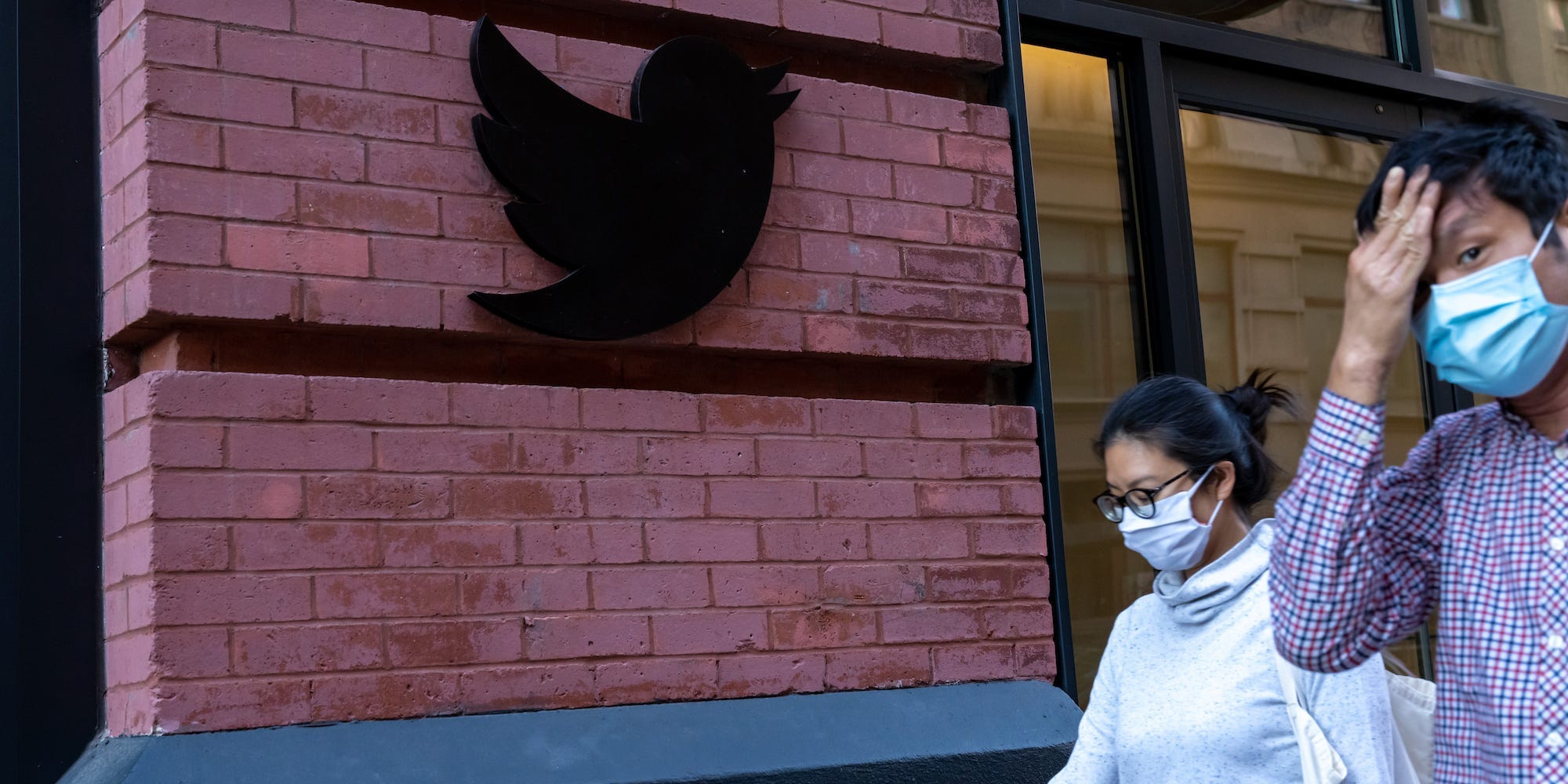
John Nacion/SOPA Images/LightRocket via Getty
- Facebook and Twitter took action on Wednesday to limit the distribution of a New York Post report on Hunter Biden.
- The Post’s report purported to show a “smoking-gun email” of Hunter Biden communicating with a Ukrainian official while his father Joe Biden was Vice President, but it is riddled with holes and red flags.
- Twitter said it is looking into whether the story may have violated its policy on leaking hacked materials. Facebook said it is having outside fact-checkers look into the claims made in the piece.
- In response, the Post’s editorial board and other employees criticized the two social media giants, accusing them of politically-biased censorship.
- Visit Business Insider’s homepage for more stories.
New York Post employees are accusing Facebook and Twitter of censorship after the two platforms took action Wednesday to limit the distribution of the right-leaning tabloid’s latest story on Hunter Biden.
The Post’s report purported to show a “smoking-gun email” of Hunter Biden communicating with an official at Burisma, a Ukrainian natural gas company, while his father Joe Biden was Vice President.
However, the story is riddled with holes and red flags, and questions are being raised about the claims in the report and how the Post got the information.
Twitter responded by stopping users from posting links to the article, saying that the story may violate its policy against publishing hacked materials. Facebook, meanwhile, retooled its algorithm to make sure the story does not appear at the top of users’ news feeds while the claims in the story are fact-checked.
Post employees quickly responded, accusing both companies of liberal bias.
—Sohrab Ahmari (@SohrabAhmari) October 14, 2020
"Facebook and Twitter are not media platforms. They're propaganda machines," the Post's editorial board wrote Wednesday.
The board said it was hypocritical for the media companies to take action on the story, when The New York Times didn't face similar skepticism for its report on Trump's tax returns.
The board also accused Facebook of having a political bias, since the Facebook executive who announced the decision — policy communications director Andy Stone — has worked for Democrats in the past.
Post columnist Miranda Devine echoed the arguments of the editorial board in her op-ed, saying that Facebook and Twitter showed themselves to be "corruptly partisan" by only suppressing "information that reflects badly on the Biden campaign."
—Jon Levine (@LevineJonathan) October 15, 2020
"Make no mistake: this is election interference by unaccountable global tech oligarchs to restrict information that might damage the Democratic Party," Devine wrote.
"It is coordinated censorship by two of the largest multinational companies in the world. Their monopoly power should be broken up, once and for all."
Post op-ed editor Sohrab Ahmari tweeted that the censorship amounted to a "big tech information coup" and a "digital civil war."
Business Insider has contacted Facebook and Twitter for comment.
Representatives for Joe Biden have denied the report, saying that no such meeting ever showed up on his official schedules from the time. The Post said it got its information from a laptop that was abandoned at a Delaware computer repair shop in April 2019.
Business Insider's Sonam Sheth has pointed several problems with the story. They include:
- The Post's source for the story, computer repair shop owner John Paul Mac Isaac, is a supporter of President Donald Trump.
- A disinformation expert at Johns Hopkins said the way the emails surfaced is "highly suspicious."
- Isaac made a copy of the computer's hard drive and handed it over to a defense attorney for Rudy Giuliani, Trump's personal lawyer, before handing it over to federal agents.
- The same month, Giuliani met with a Ukrainian national, Andrii Derkach, to discuss efforts to obtain damaging information on Joe Biden before the 2020 election.
- The US Treasury last month sanctioned Derkach, saying he acted as a Russian agent and spread disinformation related to the election.
- Read more:
- The New York Post inadvertently revealed the original source of its dubious Hunter Biden story
- Rudy Giuliani smears former Ambassador Marie Yovanovitch on Twitter and baselessly accuses her of 'obstructing justice'
- US intelligence analysts knew Russia would dump hacked Burisma emails targeting Biden as an 'October surprise,' report says
- Trump threatened Facebook and Twitter again after they throttled the spread of a dubious New York Post story about Hunter Biden
Dit artikel is oorspronkelijk verschenen op z24.nl
